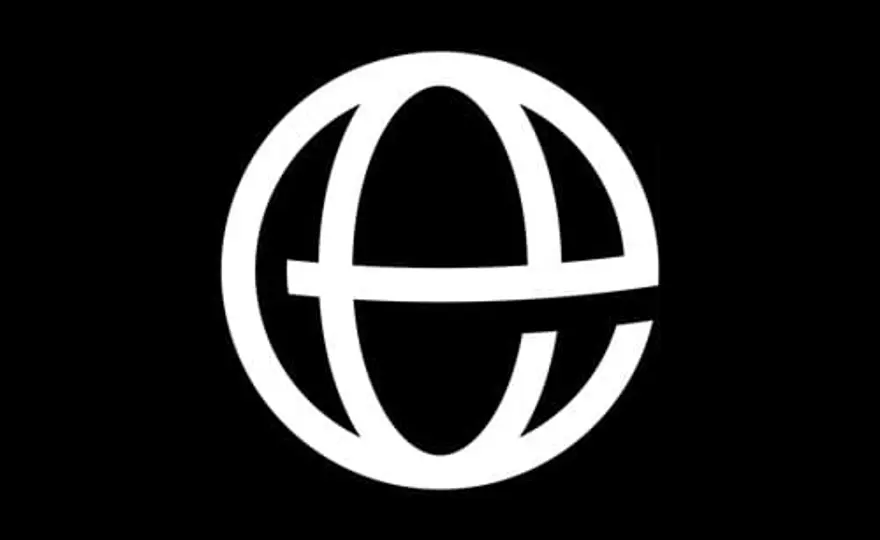ClientEarth Communications
15th May 2017


‘Client Earth’ is available now in all good book stores. You can also order a copy online or download the ebook. All profits go to ClientEarth.
A new book, which has been launched this week, tells the fascinating story of ClientEarth over the last decade since it was founded.
Written by our founder and CEO, James Thornton and his husband Martin Goodman and commissioned by ClientEarth’s first grantmakers the McIntosh Foundation, the book charts the journey of the non-profit environmental law group from inception to the present day.
Client Earth – the book – took four years to write and has already received extremely positive reviews, including in ‘Nature’ which says the book provides an “an unusual and much-needed inside view of the development of environmental enforcement litigation, and its broader implications.”
The book has also been described by the environmentalist Sir Jonathon Porritt as “inspirational.”
Porritt writes: “The story of ClientEarth – and of its charismatic founder, James Thornton – is truly inspirational. His only client is our battered, abused planet, and his favoured arsenal is the rule of law in defense of public interest. The hard-fought victories that you’ll hear about are all important, but more important still are the vision, values and gritty dedication of an amazing group of lawyers and campaigners to whom we owe a very great deal.”
In his foreword, ClientEarth trustee Brian Eno says; “Once something becomes law, it becomes actionable and enforceable. Shortly afterwards, it becomes common sense. It becomes possible for a small group of people like ClientEarth to use existing legal structures to trigger big changes. The task is pretty daunting, but the rewards are huge.”
The book is published by Scribe (RRP£20), with profits going to ClientEarth. The proceeds will enable the charity, which has offices in London, Brussels, Warsaw, New York and China, to continue its international environmental work.
Thornton founded the organisation in 2007 and over the past ten years it has seen legal successes in many areas of its work – from court victories against the UK government over pollution, to helping protect the ancient Bialowieza Forest in Poland. Both legal achievements on which the Observer reported just last week.
In his review, Peter Wadhams, Professor of Ocean Physics at the University of Cambridge writes: “This excellent book shows how it is possible to use the law to hold politicians to the promises that they make when they sign agreements on environmental and climate change.”
In one chapter of Client Earth, Thornton writes: “The book describes how we study science and facts to deploy carefully constructed legal arguments and write laws. This work only achieves its greatest power, however, in service to a positive vision. We need a story of where we are going.”
“I built ClientEarth to create positive solutions. We put a lot of effort, for example, into making the word safe for renewable energy. We work on the policy, on the finance, on European and national legislation. We work to stop investment from getting locked into the wrong infrastructure.
“So we helped to stop a new generation of coal fired power plants in the UK and are doing the same in Poland. Halting bad carbon investments gives society the time to realise the need for renewables, and allows investment the opportunity to flow towards them. Stopping bad decisions can be a necessary precondition for creating a positive solution.”
And Goodman writes: “Laws are meaningless when not enforced and a main thrust of the book is the story of enforcement, including the writing of laws and regulations that are enforceable. You cannot enforce invisible laws, and so it is important that readers come to know the laws that protect them.”
Goodman is the author of nine books of fiction and nonfiction. He holds the chair of Creative Writing at the University of Hull, where he is director of the Philip Larkin Centre for Poetry and Creative Writing.
‘Client Earth’ is available now in all good book stores. You can also order a copy online or download the ebook. All profits go to ClientEarth.